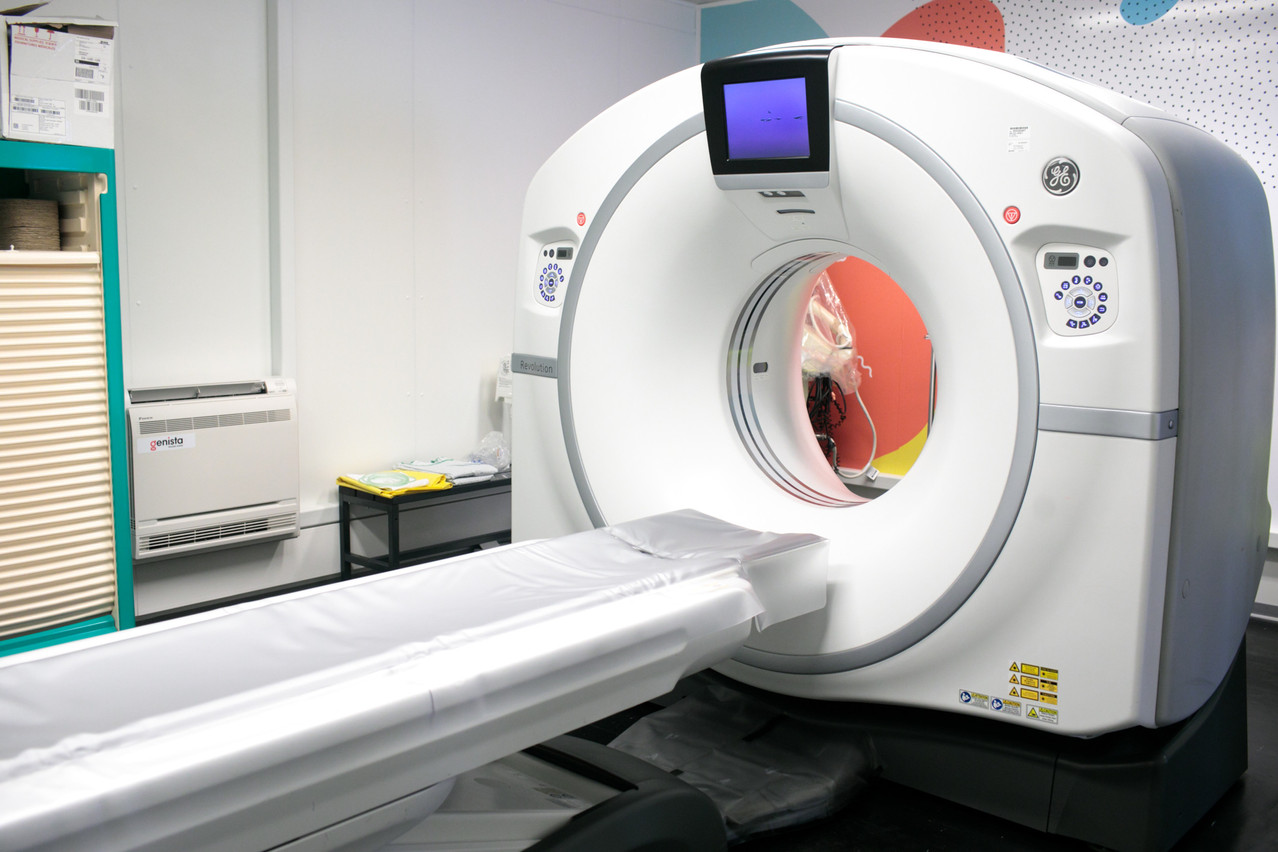The Centre medical Potaaschbierg (CMP) , hosting a computer tomography (CT) scanner and a magnetic resonance imaging (MRI) machine in addition to conventional X-ray technology in a bid to offer these services closer to patients living in the east of the country and alleviate patient load at hospitals.
But the health ministry has opposed the opening of the centre, saying there should be a coordinated country-wide plan to organise ambulatory care. The ministry says that by law there cannot be diagnostic centres outside of hospitals and that the government has the power to shut down offices like the one in Grevenmacher.
The CMP in a statement on Monday fired back, tearing into the ministry’s legal analysis, saying the laws cited by health minister Paulette Lenert (LSAP) don’t apply to the centre.
Already in 2020, the ministry suffered a legal setback as it had to grant a licence for the centre to buy the MRI machine after a Luxembourg court ruled that laws forbidding doctor’s offices form operating radiology equipment are unconstitutional.
The ministry granted the licence but pushed for a delay for the centre to open, also as questions remain about the reimbursement of fees by national health insurer CNS.
The national health fund (CNS) currently only reimburses scans made at a Luxembourg hospital. Patients receive €150 for a scan carried out abroad, with some patients choosing destinations in the greater region because of wait times of up to six months in Luxembourg.
The Grevenmacher centre in its statement said that the CNS refusing to reimburse scans carried out at the centre would not be correct in light of its analysis of the legal framework it operates in.
In an interview with RTL last month, Lenert said that the CMP does not respect the legal framework but added that she would not suspend the MRI machine as the ministry does not want to take patients hostage in the dispute.
With local elections on the horizon in June 2023, the ambulatory care plan could become a campaign issue. Grevenmacher, for example, is led by the CSV--which is in the opposition at national level. But also within the coalition, the issue could come to a boil, as the LSAP and déi Gréng favour keeping diagnostics centres within hospitals while the DP has supported outsourcing them.
The health ministry in April said she would begin talks on the future of the centre but has not provided an update since.
